Deciding to share a personal story with others means stepping across the threshold between the private and the public. And that’s an experience that’s different for everyone.
Some step across that threshold easily, driven by their desire to make a difference. Others stop at the threshold, unsure how or even whether to step forward.
For all, questions arise: What is or isn’t appropriate to share? What will others think of me? What might happen if I speak out?
For those of us who coach and support people who are preparing to publicly share their lived experiences, it’s important to remember that however people experience “going public,” it’s a significant act that requires care and empathy.
That’s something Billy Kriaris understands well.
As coordinator of Relationships Australia South Australia (SA) Consumer Voice Program he and his team help individuals become powerful advocates for reducing gambling harm by creating safe, supportive and empowering “threshold experiences.”
A training experience shaped by empathy
Billy Kriaris. Artwork by Shane Mankitya Cook (aka 3rd).
“There is a lot of stigma and shame surrounding problem gambling,” says Kriaris, who has a background in psychology and community engagement and who has been working with gambling-related issues for more than a decade. “Shame and stigma unfortunately contribute to many people not seeking support. So, connecting with others—building relationships—is a huge part of what we offer.”
Relationship Australia SA does just that via the Consumer* Voice Program. The 6-week program, which is followed by a showcase event, has both therapeutic and skill-building benefits, helping people gain stability while simultaneously learning to share their stories to raise awareness of problems experienced by people who gamble as well as their family, friends and colleagues. “By sharing their unique stories,” says Kriaris, “they educate others on the harms surrounding gambling and promote hope in others that recovery is possible.”
Obviously, this requires much more than just helping individuals “tell a good story.” Kriaris puts it this way: “When we ask people to put their lived experience into words and craft their stories, we have to recognize what that actually requires and what it means to them. We need to sit with and listen to them, ask questions and be aware of individual needs because one of the intentions of the program is to have people participate without reliving their trauma.”
To that end, Kriaris and participants create group norms around safe disclosure, realizing that what is shared within the group may have a triggering impact on others. Peer supporters are always present at the training sessions to help address issues as they arise. Every session is bookended with a group check-in and check-out, which Kriaris describes as an invitation for participants to consider some type of self-care after the session, “whether that’s blasting music when driving out of the car park or walking your dog or calling a trusted friend or family member once home.”
At LPA, we were delighted to learn from Kriaris that a copy of Living Proof: Telling Your Story to Make a Difference has served as a resource for the Consumer Voice Program since the program’s 2013 inception. The dog-eared copy was passed on to him when he became coordinator last year. So, for the most recent program, Kriaris combined Living Proof concepts, exercises and worksheets with video examples of effective advocacy stories, presentation skills tips and more to help participants explore, develop and fine-tune their stories for a public showcase at the conclusion of the training.
A valuable experience for advocates and coaches alike
Hear a short clip of our talk with Billy Kriaris.
The result was a deeply rewarding experience for all involved. “At the showcase, the energy in the room was felt by everyone,” Kriaris recalls. “It was buzzing. The audience quite literally was moved from tears to laughter and back again.”
One father told how his love of sport and playing soccer as a young person gradually progressed into a serious gambling problem in his adulthood, to the point that it nearly cost him his family and life. A woman talked about how the pokies (poker gaming machines) became a safe haven for her while stuck in an abusive relationship; she reflected on her journey through harm and, eventually, to recovery. Another person shared a story of the struggle with mental health, the vulnerability experienced and how this prevented them from reaching out for help.
All speakers talked about the importance of connecting with support and how this assisted them to transform their lives, end the torment that gambling had caused and reach a place of stability, healing and empowerment.
“There was such a sense of achievement among the speakers as they celebrated their success,” recalls Kriaris. “You could see it in their bodies and could hear it in everything they were saying.”
Beyond the threshold
Following the completion of the program, speakers were given opportunities for continued participation. Some chose to do so as part of Relationship Australia SA’s speakers’ bureau, speaking at gaming venues, community events, schools and elsewhere, while others continued on as peer mentors, becoming part of the organization’s community of support.
Meanwhile, Kriaris—like all of us who are fortunate to serve as coaches and facilitators—has experienced great satisfaction from this work. “I am incredibly humbled by other peoples’ demonstration of vulnerability,” he says. “When they share their experiences with me and others, it just hits me somewhere really special. It’s a privilege.”
ABOUT RELATIONSHIPS AUSTRALIA SA: Relationships Australia SA is an Adelaide-based nonprofit with more than 60 years of experience providing services to individuals who are financially disadvantaged, living with complex life situations or who have past experiences or health conditions that impact the quality of their lives.
*In Australia, the term “consumer” is used more commonly than “patient” or “client.”




